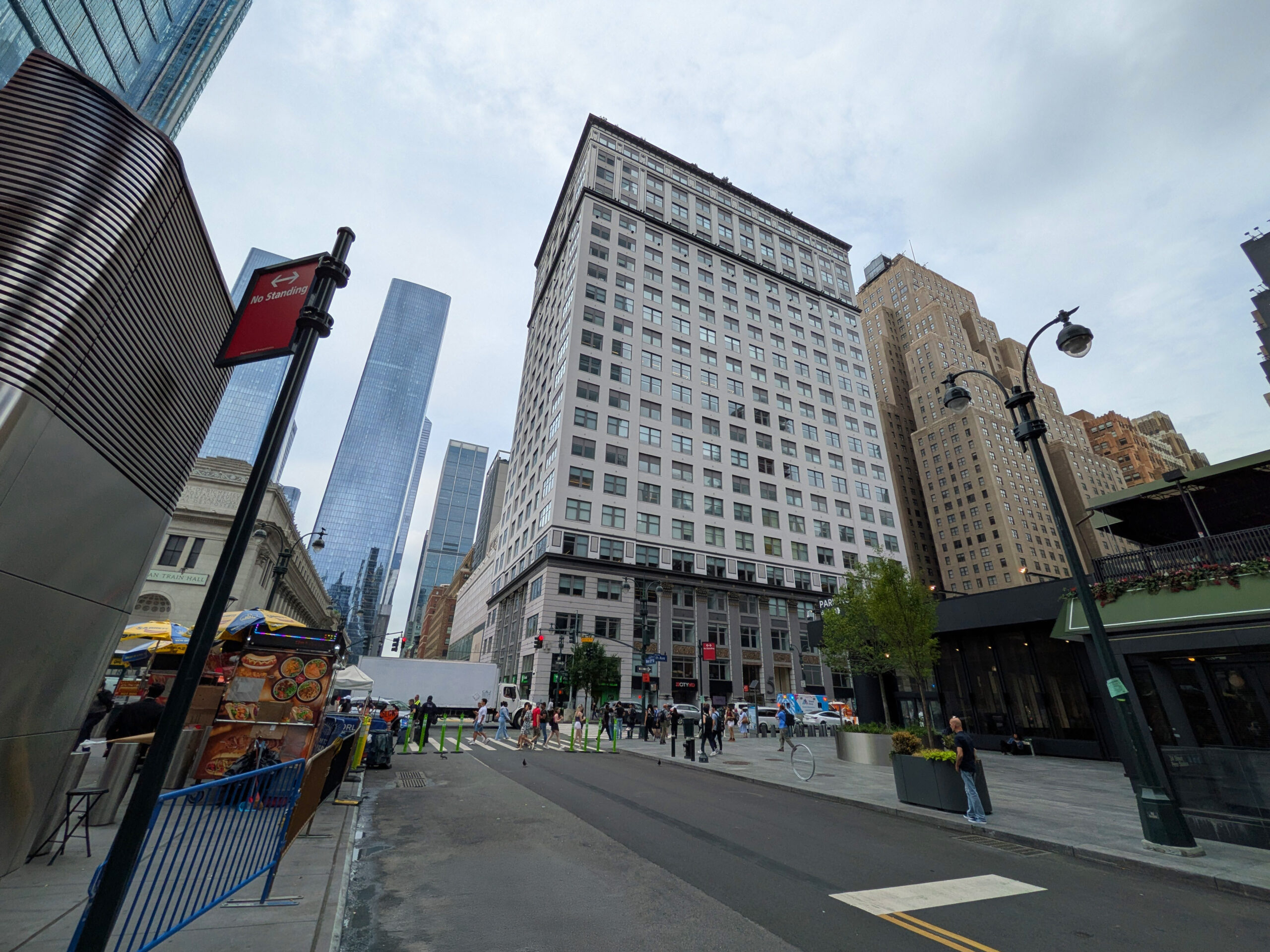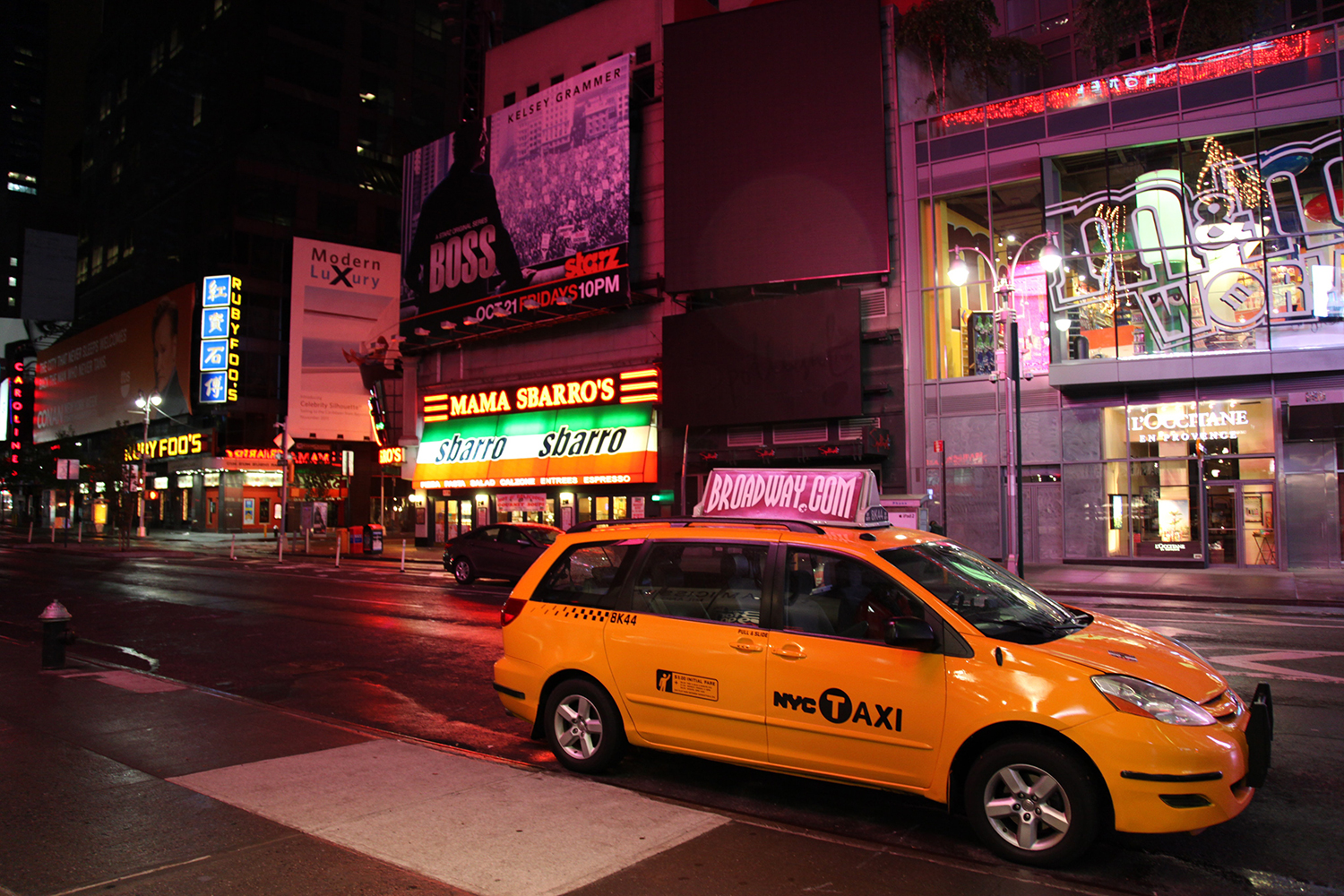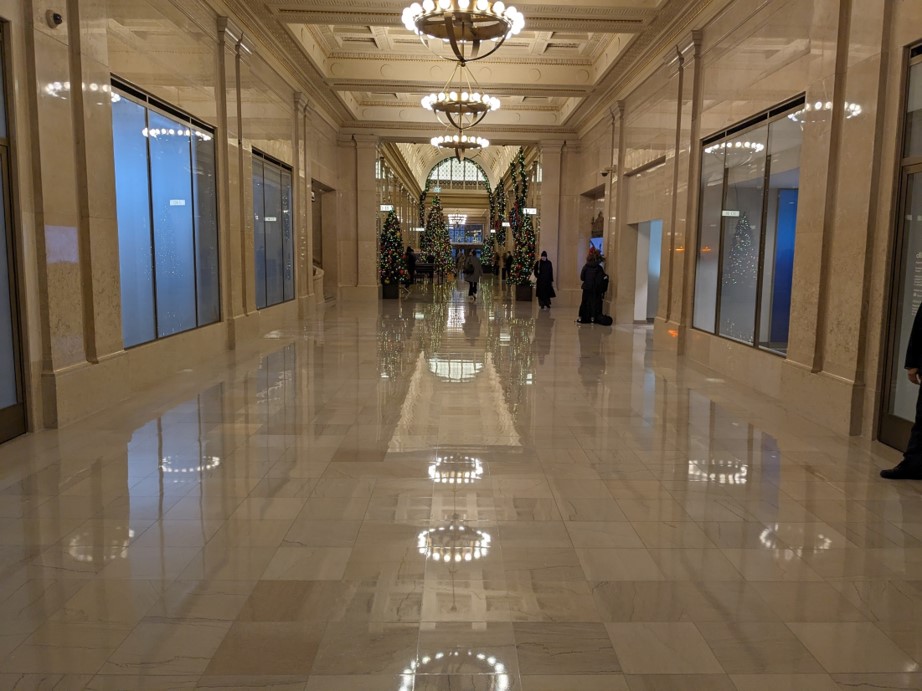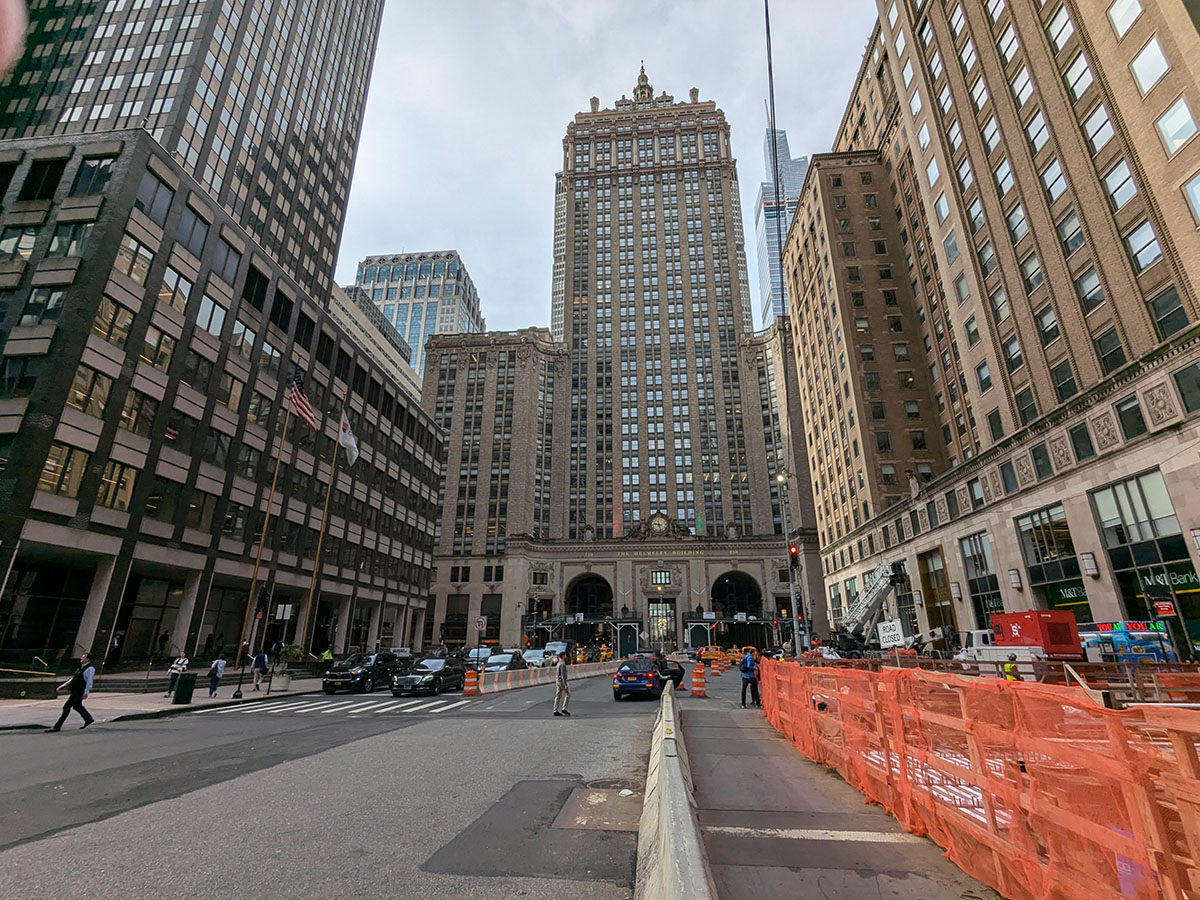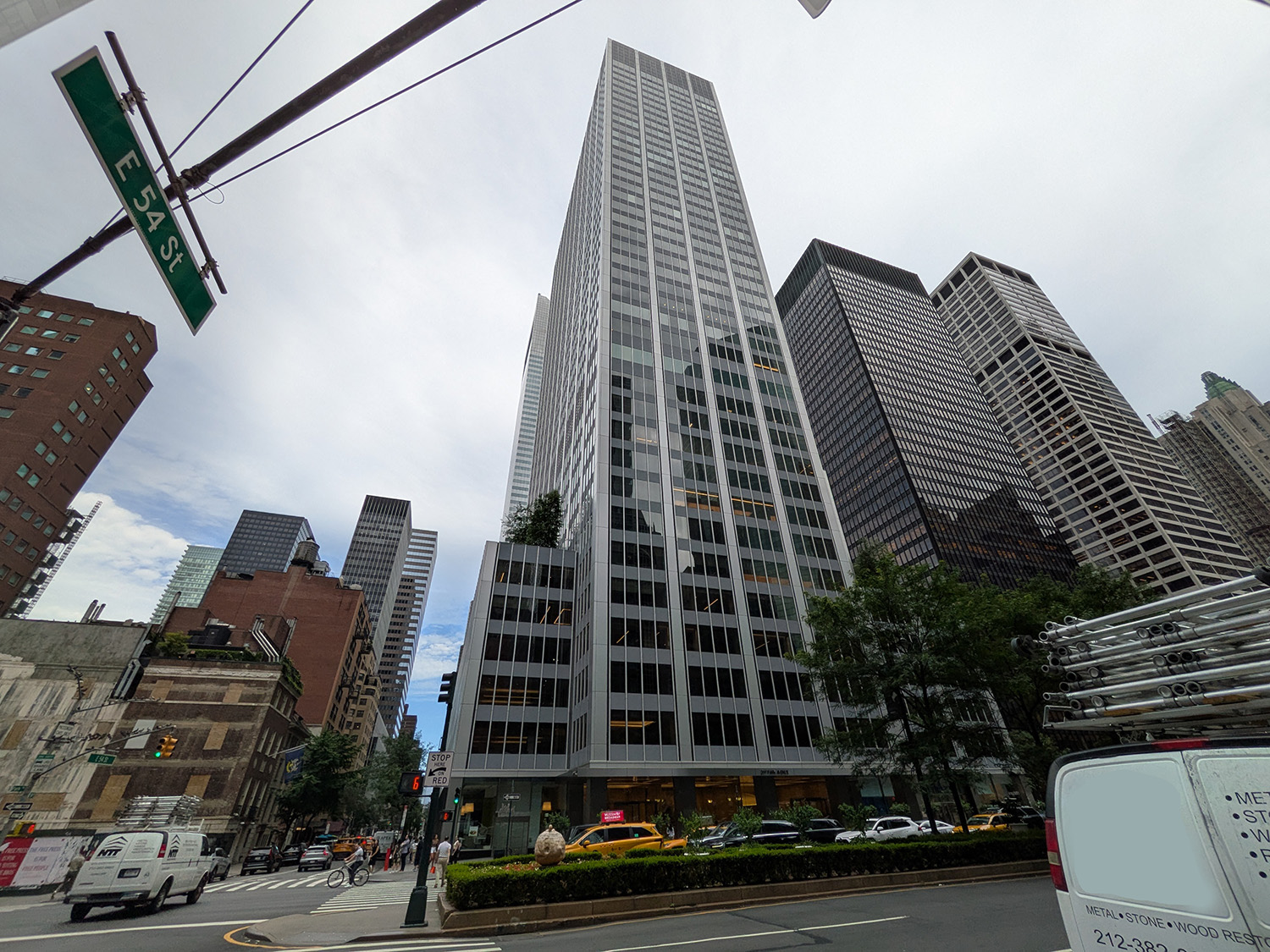One of the seemingly most subjective clauses in any commercial office lease, and one that is an issue in every lease negotiation, is the Security Deposit Clause. The language itself is usually boilerplate; stating the amount owed in Security Deposit, the repercussions of defaulting by the tenant and the responsible parties, should the owning interest in the space change hands. However, how exactly does a landlord determine the amount they ask in Security Deposit? It is important to understand this when negotiating the Security Deposit clause in your commercial lease.
- How does a landlord determine the number?
- Logically, the security deposit is in place to protect the entire out-of-pocket expense a landlord must incur when signing and moving in a new tenant. These would be:
- Number of months of Free Rent.
- Cash awarded in Tenant Improvement.
- Commissions paid to Brokers.
- Downtime when space is not leased and thus not generating income.
- Professional services (i.e. architect, engineer, lawyer).
- Logically, the security deposit is in place to protect the entire out-of-pocket expense a landlord must incur when signing and moving in a new tenant. These would be:
- There are different types of landlords and they all handle security deposits differently. This is absolutely important in focusing your negotiation tactics.
- Private Owners / Real Estate Families
- They are known for being concerned with credit of the tenant and the upfront cash because they do not want to go back to their investor for a cash call. They are often the most concerned about the security deposit.
- Institutional Owner
- They are highly concerned about credit of the tenant and the rent achieved over the term because of their need for a consistent cash flow over a long term for fund.
- Real Estate Investment Trusts
- They are more concerned with credit of the tenant, rent and term because it affects stock prices; therefore, they are more likely to require a larger security deposit.
- Private Equity Owners
- A Private Equity Owner is most concerned about achieving better rent rolls to create the most attractive product as they intend to sell the building in a short time. They tend to require (relatively) less security deposit.
- Private Owners / Real Estate Families
- Most importantly, what factors will the tenant be judged on and how will this affect their Security Deposit?
- Type of Company
- Landlords want to understand what the company does to make money. Landlords want to understand the industry it is in and where the future of the industry is heading. He needs to understand how the revenue is generated and who is responsible for that revenue. When signing a long term lease a landlord will want to know how long a tenant has been in business to determine if they will be able to remain in business for the duration of the lease. This also serves to prove that they have been capable of paying rent for a long term lease previously. As seen with many new Tech tenants and startups, the short-time they have been in business often raises the value of the security deposit requested by the landlord.
- Company Balance Sheet and Revenue Stream
- When negotiating a lease with a prospective tenant, a landlord will want to look at the financial standing of the incoming tenant. Are they fiscally solvent? How do they make their money? Where do they generate their revenue stream? Do they generate their revenue from one client? Are they backed by Venture Capital and if so, what is their burn-down rate? Once again, with all these items, the security deposit will increase as the landlord observes more risk in any of these questions. A tenant with a positive net income, strong projected revenues, and no reliance on investor money will be a much more attractive candidate and thus require less security deposit. Landlords determine this by Audited Financial Statements or Tax Returns.
- Current Rent
- What is the prospective tenant currently paying in rent? Will the increase in rent in their new office space be an issue that could result in default? How will the new rent affect the tenant’s bottom line? The landlord can cover some of this risk by increasing the security deposit.
- Market Conditions
- Finally, as with most negotiating points, everything is cast in the light of current market conditions. In a market with low vacancy rates, also known as a landlord’s market, the landlord will be tougher on the security deposit, requiring more. Logically, the opposite occurs in a tenant’s market.
- Type of Company
Typically, in New York City security deposits can vary from 1 year to 0 months depending on the tenant’s credit.
- How to Reduce Security Deposits
- Reduce the concession package the landlord is giving. For example, take less free rent or take less cash from the landlord in work allowance for tenant improvements.
- Increase the rent in the beginning years so landlord is payed back faster.
- Show examples of other deals being completed in the area to set a market rate.
- Have the owner of the tenant’s business sign a personal guarantee or a good guy clause.
- If the tenant’s company is the subsidiary of a parent company, have the parent company sign the lease.
- Show examples of security deposit negotiated for other tenants in the same industry in other cities.


